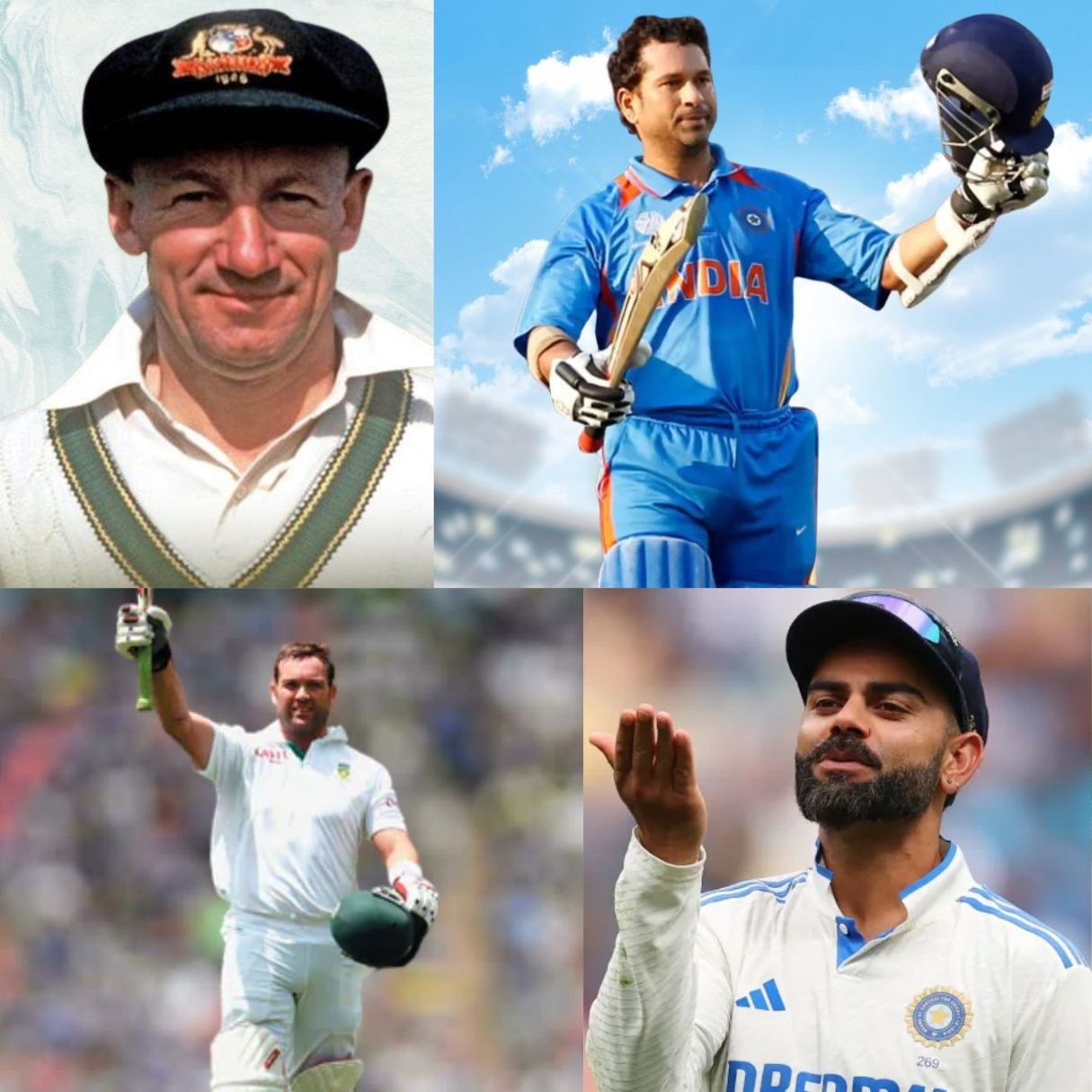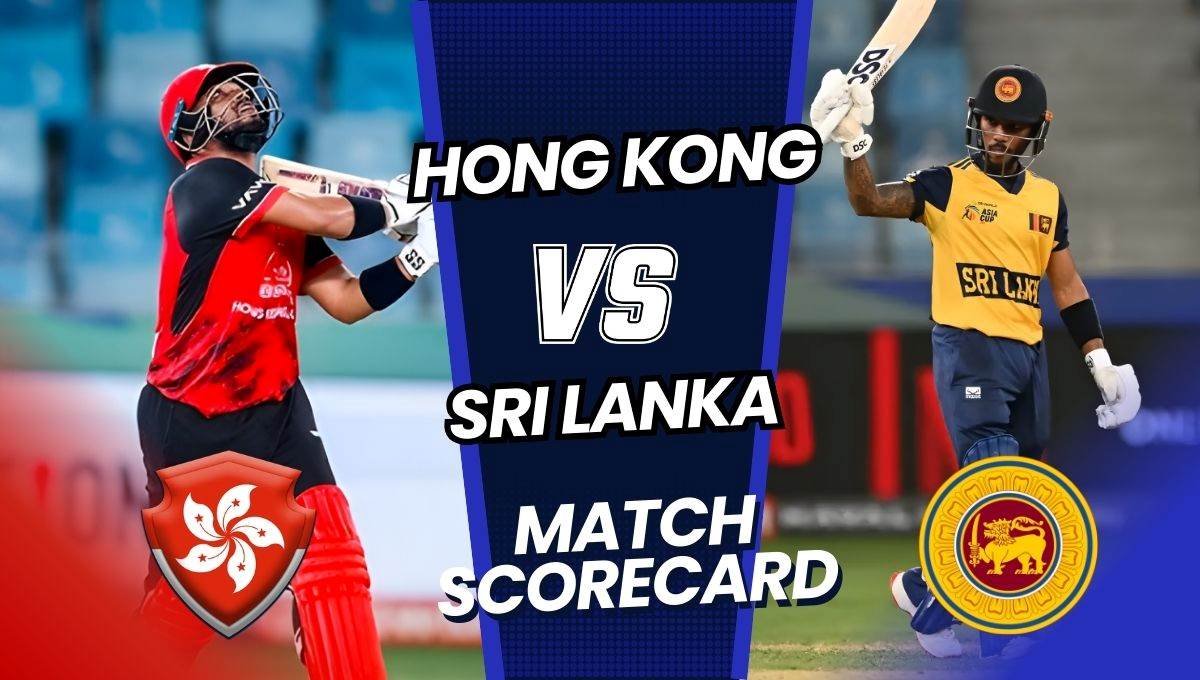The Godfather of Cricket possesses an aura of legend. It is neither a determinable title by votes nor awards. It is deserved by showing excellence on a consistent scale, having transformative moments and making an indelible mark on the game and on the people. All ten of these played cricket, but they transformed it. Whether it is the preeminence of Sir Don Bradman to the contemporary leadership of Virat Kohli, or it is those men who shook the world with the greatness they expressed and raised standards nobody can avoid.
Top 10 Godfather of Cricket
1. Sir Donald Bradman (The Don of Cricket)
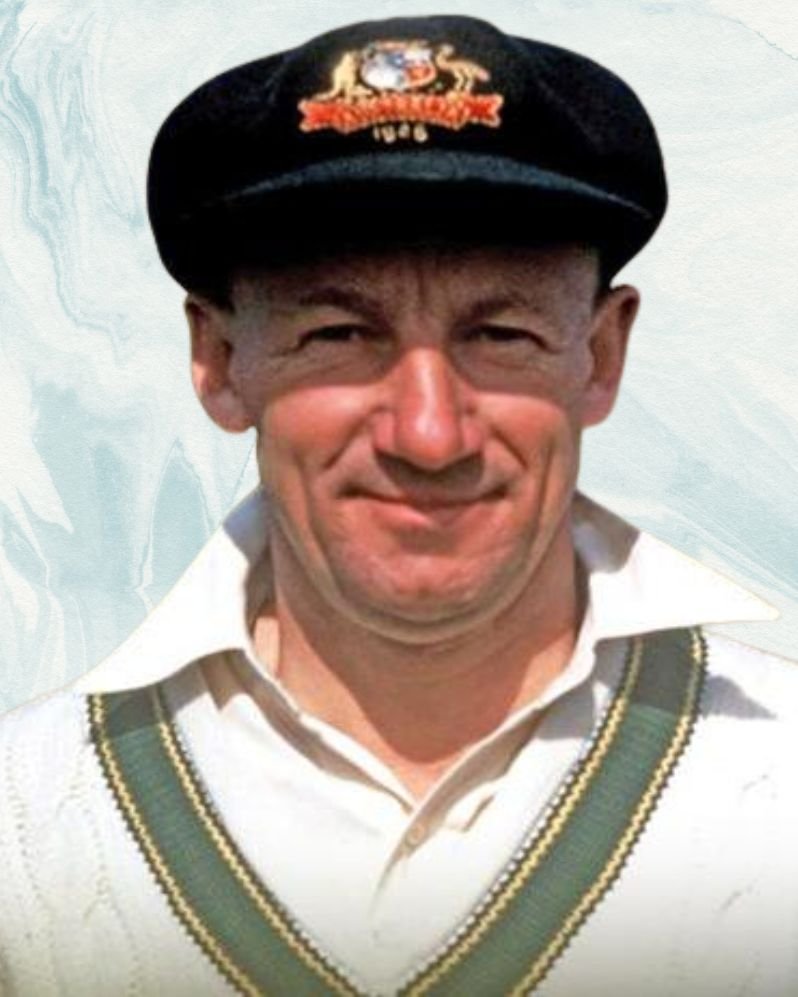
| Full Name | Sir Donald George Bradman |
| Playing Era | 1928–1948 |
| Test Batting Average | 99.94 |
| Centuries | 29 |
| Tests | 52 |
| Nickname | “The Don” |
Sir Don Bradman is not only the best batsman but also the best in the game. Suppose that you scored almost 100 per innings over 52 Tests and you were batting when there was no protective gear, hard pitches and vicious fast bowlers. His almost perfect average now remains unthreatened for nearly a century and the term Bradmanesque is still used to refer to any of the almost superhuman batting performances by cricket puritans. He not only expanded it physically but also psychologically as he inspired fear in other players and trust among teammates.
2. Sachin Tendulkar (The God of Cricket)
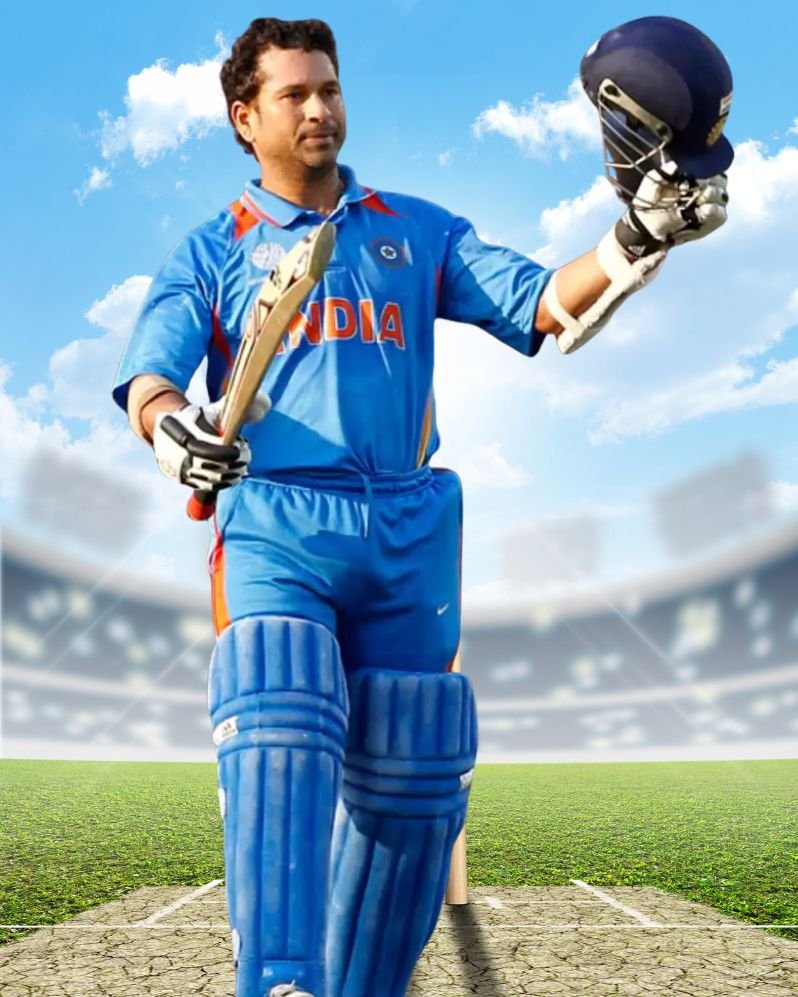
| Country | India |
| International Runs | 34,357 |
| Centuries | 100 |
| Playing Span | 1989–2013 |
| Nickname | “Master Blaster” |
Tendulkar was not merely a player; he was a cultural phenomenon. Starting to play on the international side at age 16, he shouldered the hopes of India for over 20 years. He faced the ups and downs of the emotions of a billion others and each personal achievement, be it 10,000 ODI runs and his century in Eden Gardens, was a national delight. He was approachable because of his humility off the field. His passion never lessened in a time of prosperity or even during a dip in form.
3. MS Dhoni (The Captain Cool)
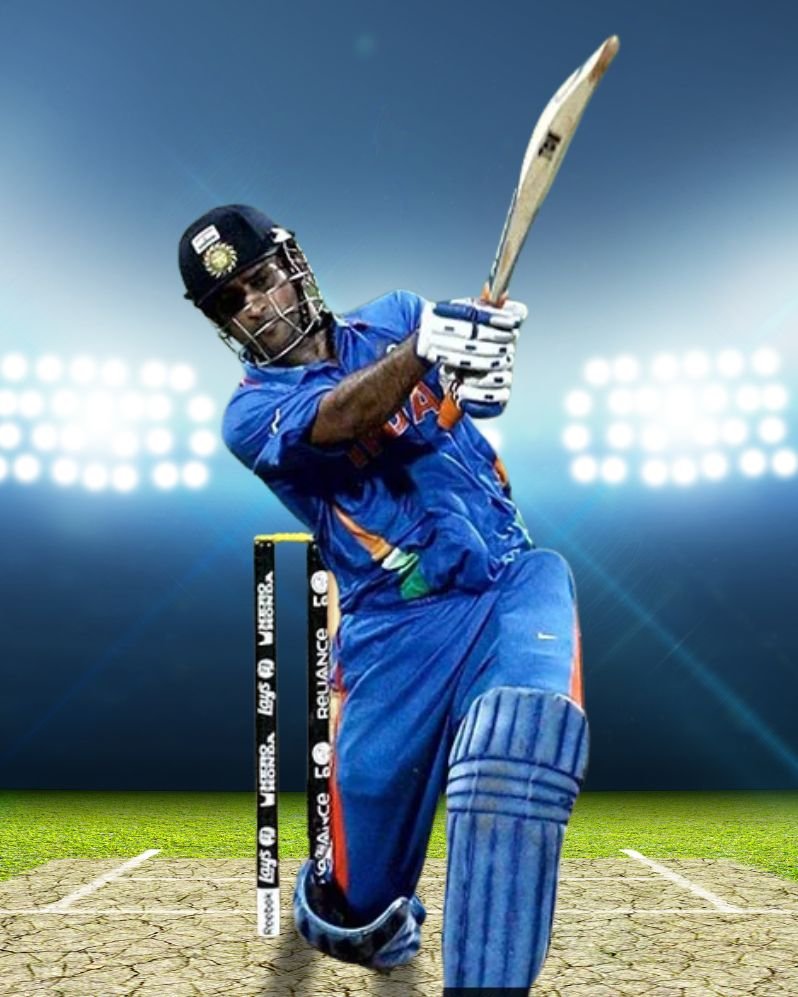
| Formats Captained | Tests, ODIs, T20Is |
| ICC Trophies | 3 (T20, ODI, WTC) |
| Captaincy | 2007–2017 (white-ball), Test until 2014 |
| Nickname | “Captain Cool” |
MS Dhoni stepped up with the utmost poise and composure that was inexplicable when the game was in a very tight situation. His master plan, be it that legendary innings in the World Cup final in 2011 or his final over decision in the historical T20 World Cup win of 2007, or the memorable Test win at MCG which cemented his position. He has developed India’s talent base: Rohit Sharma, Ravindra Jadeja, Shikhar Dhawan, Virat Kohli, Ravichandran Ashwin etc. Other than statistics, it is his skill to release tension, trust in young talent, and deliver a final game that made him a legend.
4. W.G. Grace (The Big ‘Un)

| Country | England |
| Era | 1865–1908 |
| First-Class Runs | Over 54,000 |
| Primary Role | All-round pioneer |
When moving back in the history of cricket, we cannot think of a bigger name than William Gilbert “W. G.” Grace. It was an era of amateurism but Grace made batting professional and increased the spectator interest and then there was also a new breed of spin bowling. He was the first superstar in the history of cricket: a performer, a sportsman, and a man of total influence. He established the prototype of professionalism and by his skills, he drew the attention of the crowds, hence establishing county rivalries and the contemporary game.
5. Kapil Dev (The Haryana Hurricane)
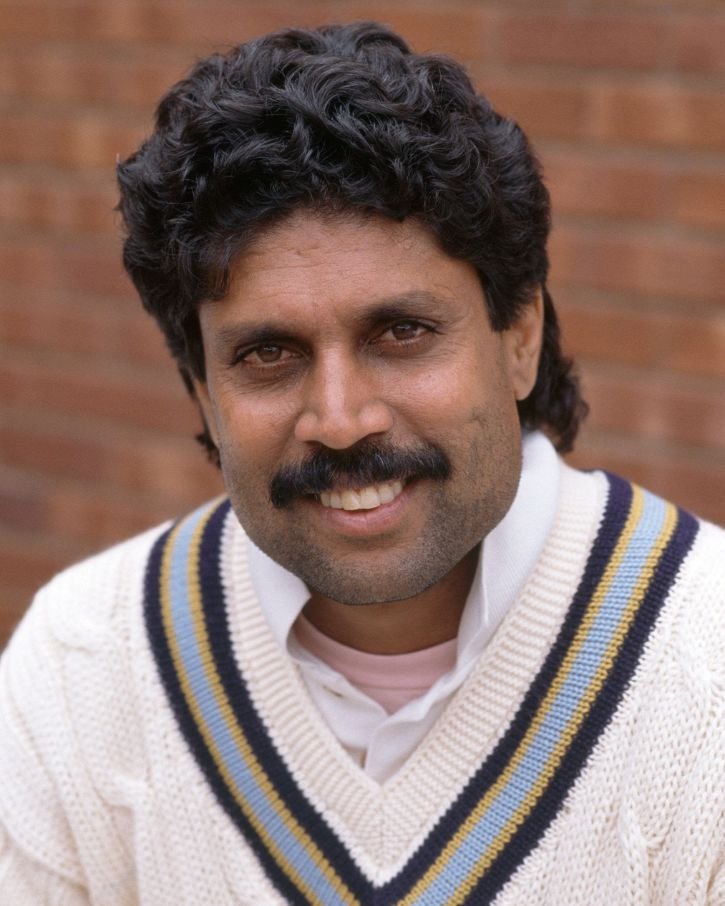
| Country | India |
| World Cup | 1983 (Winner) |
| Test Wickets | 434 |
| Playing Style | Aggressive all-rounder |
The world cup win in 1983 by Kapil Dev transformed Indian cricket. He targeted the ball, pounded it with the bat and blunted psychological boundaries as a captain. Countries that were considered underdogs, such as India, became contenders. His 175 against Zimbabwe again rescued India during the group stage—one of the most renowned innings in cricket. Even more than through stats, his leadership inspired a generation and, in this way, it opened the path to the subsequent stars.
6. Jacques Kallis (The Underrated Marvel)
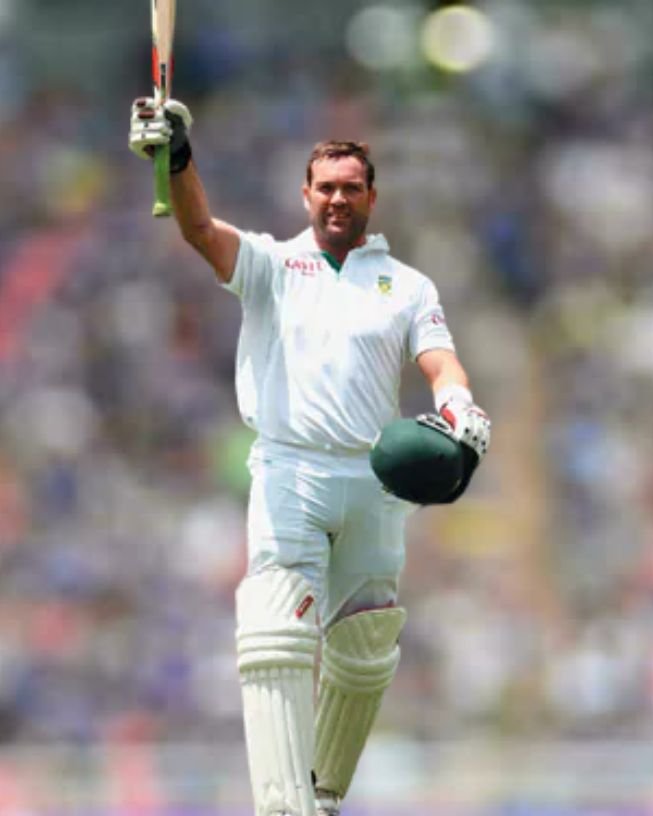
| Country | South Africa |
| Test Runs | 13,289 |
| Test Wickets | 292 |
| Test Centuries | 45 |
| Role | All-round powerhouse |
Kallis was the silent giant. Top order No. 3–usually facing the new ball and bowling deadly middle-pace with the ball–He was the embodiment of solidity. His nature was as equal to his genius: calm, regular, and productive. It is true that South Africa did not win the ICC title with him, but his records are outstanding. And two-way quality, seldom exceeded, more than 25,000 runs and 550 wickets.
7. Ricky Ponting (Punter)
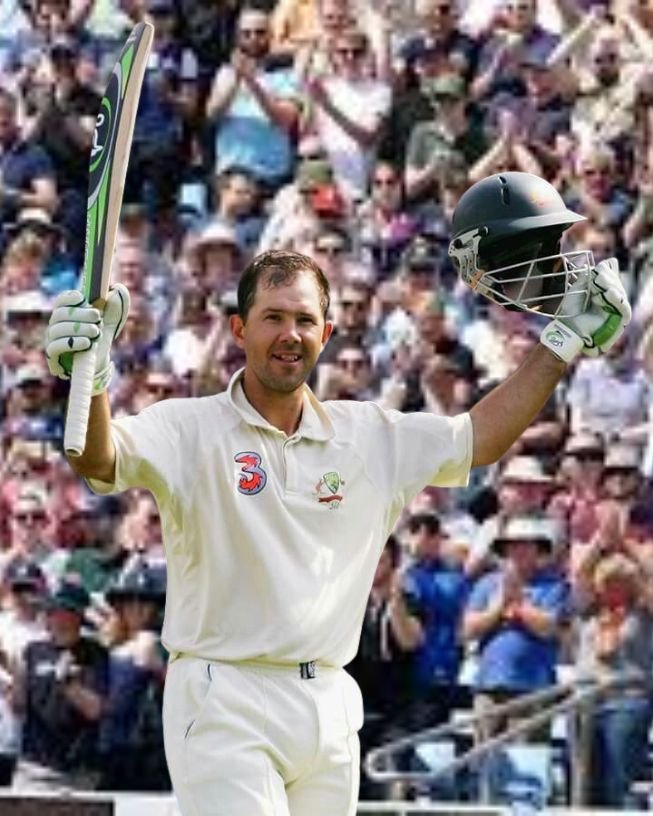
| Country | Australia |
| Captaincy WC Wins | 2003, 2007 |
| International Runs | 27,483 |
| Nickname | “Punter” |
Ponting steered Australia to one of its bloodthirstiest regimes. His thumping captaincy and scintillating game sense made him win two consecutive World Cups and create a culture of winning. It made him a modern Wall on the field—firm spine, fierce and irrepressible. He fostered a culture off the field that made Australia invulnerable. His harsh-eyed intensity, strong statements and his high expectations defined present-day group leadership.
8. Virat Kohli (The Modern Master)

| Country | India |
| ODI Centuries | 51 (most in history) |
| International Runs | 27,000+ |
| Captaincy | 2013–2022 (all formats) |
Kohli came along with revolution- fitness, intensity, and rigor. He found an art form in chasing and restored the aggression of Test matches. However, his legacy is not in runs. He insisted on professionalism, laid down fitness standards and contributed to the transformation of Indian cricket into a modern game. Although he never won ICC silverware as a captain, he influenced a new generation. He is 36, and he still writes this story.
9. Imran Khan (The Leader Beyond Cricket)

| Country | Pakistan |
| World Cup | 1992 (Winner) |
| Test Wickets | 362 |
| After Cricket | Prime Minister of Pakistan |
The story of Imran Khan is a combination of cricket and politics. He inspired unity and belief as captain of the World Cup-winning Team of 1992. His leadership qualities were replicated by his all-around abilities with ball and bat. He turned out to be a national figure after retirement. People who are convinced that sport can produce stronger societies respond to his influence. He was a figure that went beyond game and governance.
10. Kumar Sangakkara (The Intellectual Ambassador)
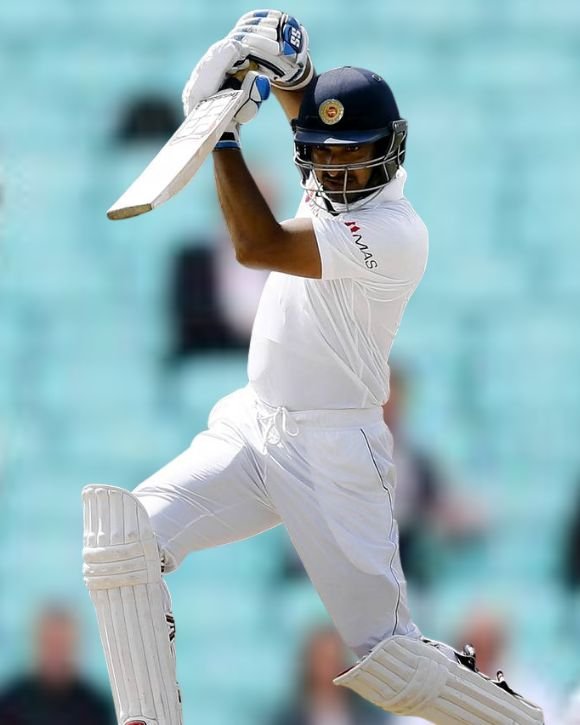
| Country | Sri Lanka |
| International Runs | 28,016 |
| Centuries | 63 |
| Post-Career | MCC President, Administrator |
Sangakkara was classy both at the crease and off it. A contemporary cricketer-scholar, he spoke on corruption, inequality, and ethics. Field performances of genius—numerous centuries and distant ODI strike rate combined with off-field foresight. He was elected MCC President and was a frequent contributor on the future of cricket. Cricket had its philosopher in him.
Comparative Table: Attributes That Define Godfather of Cricket Status
| Name | Country | Role(s) | Major Achievements | Legacy Emphasis |
| Bradman | AUS | Test batting legend | Avg 99.94, 29 centuries | Defined batting perfection |
| Tendulkar | IND | Master Blaster | 34K Int runs, 100 centuries | Inspired a nation |
| Dhoni | IND | Captain/Finisher | 3 ICC trophies | Cool-headed leadership |
| Grace | ENG | Founder of modern cricket | 54K FC runs, pioneering professionalism | Institutionalizing professionalism |
| Kapil Dev | IND | All-round hero | 1983 World Cup, 434 Test wickets | Changing mindset and national pride |
| Kallis | ZA | All-round stalwart | 13K Test runs, 292 Test wickets | Two-way excellence and consistency |
| Ponting | AUS | Aggressive leader | 2 World Cups, sustained dominance | Intensity and team culture |
| Kohli | IND | Modern batting icon | 50+ ODI hundreds, fitness revolution | Work ethic, mastery in run chases |
| Imran Khan | PAK | Captain turned statesman | 1992 World Cup, political impact | Leadership beyond sport |
| Sangakkara | SL | Elegant voice & thinker | 28K Int runs, institutional influence | Ambassadorial impact and integrity |
Conclusion
Being called the Godfather of Cricket is not just respect; it is recognition of change that is permanent. These ten embody that heritage; they represent the impossibility of Bradman to the brainwork of Sangakkara after his days on the pitch. They all played a particular role: some by playing or setting records, others by leading, innovating, or having a sense of ethical compass.
FAQs
A1. No formal title exists; most fans claim Sir Donald Bradman through his supernatural-like average at the Test level and his impact.
A2. Absolutely. Kapil Dev, Jacques Kallis and Imran Khan demonstrate that leaders in both fields have immense influence and can be considered godfather.
A3. Yes, if it is limited-overs cricket. Not many leaders cease as gracefully, as calmly, and as effectively as him.
A4. They are leaving legacies. Modern story is formed around the facts and leadership of Kohli.
Also Check Out : Top 10 Biggest Cricket Franchises in the World


